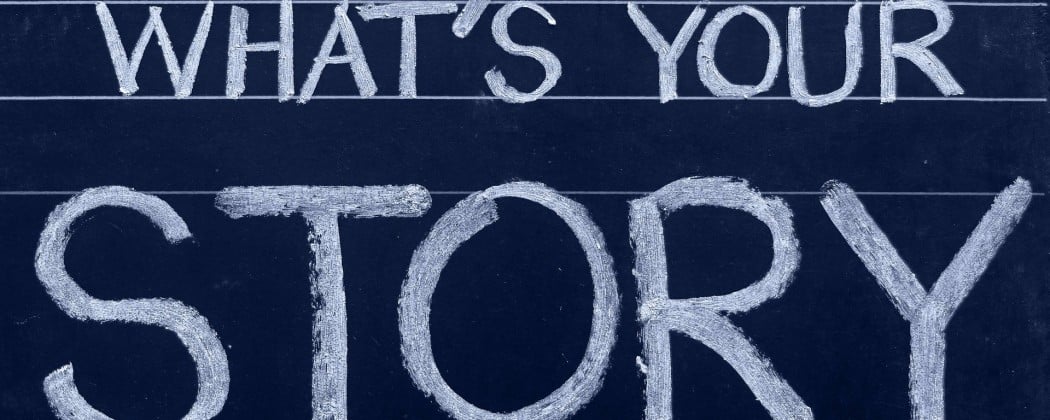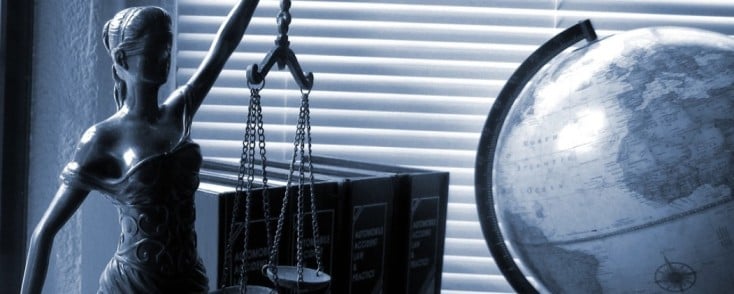This month
- Storytelling
- What words can express
- What words cannot express
Storytelling
How to bring the story of international crimes: war crimes, crimes against humanity and genocide?
Mankind has always been telling stories. We do so in order to relate to each other. The format of stories aims to create an emotional connection to the topic, inviting people to engage and to take action as a result of seeing or hearing the story. Nowadays stories can not only be told orally, but also through multimedia channels such as video, audio, and pictures.
Still, creating engagement for addressing core international crimes might be tempting. Often heard obstacles are for instance:
- Failing safeguards for protection: what difference can I make?
- Impunity for vindicating perpetrators that ignore all international recognized humanitarian standards: it won’t change?!
- International crimes occur in remote places: what is in it for me?
- Inaction of the international community: if they can’t solve it, then who am I?
- Inconvenient and explicit stories and visuals: I know, but it is too hard to hear or watch?
- Preoccupation with consequences, such as refugee flows: let them kill, I worry about the influx of asylum claimants?
- Unimaginable crimes, scale and consequences: it’s too big and complicated to comprehend?!
Luckily, an increasing number of individuals, filmmakers, musea and other organisations and initiatives address core international crimes in a comprehensive albeit sometimes confronting way. Underneath some examples related on documentaries and exhibitions.
What words can express…
“There can be no peace without justice, no justice without law and no meaningful law without a Court to decide what is just and lawful under any given circumstance.”
Benjamin B. Ferencz
Next month, Benjamin Ferencz will celebrate his 100th birthday. He studied War Crimes at Harvard Law School. During World War II, he served as a soldier. Ultimatly he joined the War Crimes Branch of the US Army and was involved in war crimes investigations related to staff working in the nazi concentration camps. By 1947 he became prosecutor and was responsible for prosecuting 24 individuals alledgedly responsible for the German einsatzgruppen. These units were responsible for over 1.000.000 extrajudicial killings.
Ever since, Ben Ferencz has been an inspiring speaker and advocate for international criminal justice. On 31 december 2020 publisher Sphere will publish his “Parting Words: 9 Lessons for a Remarkable Life”.
What words cannot express…
As mentioned, words alone can hardly describe the scope, nature and facets of core international crimes. More and more documentaries, exhibitions, experiences and infographs tell the story to be told. Some remain inconvenient and explict, others find a more engaging and digestible approach to address these harsh aspects.
The Human Rights Film Network and the organisation Movies that Matter provide engaging documentaries dedicated to bring the story of broader human rights issues as well as stories dedicated to core international crimes.
Documentaries
A small list of documentaries that might be used to address issues related to core international crimes.
- El Silencio des otros
Addressing the struggle for justice of victims of Spain’s 40-year dictatorship under General Franco. The film follows the survivors in organizing the ‘Argentine Lawsuit’ in a country still divided over its past.
- For Sama
An incredible and personal documentary which tells the story of Waad al-Kateab’s life through five years of the uprising in Aleppo, Syria as she falls in love, gets married and gives birth to Sama, all while conflict rises around her. Her camera captures incredible stories of loss, laughter and survival as she wrestles with an impossible choice– whether or not to flee the city to protect her daughter’s life, when leaving means abandoning the struggle for freedom for which she has already sacrificed so much. Meanwhile, her husband struggles as a medic in war time, facing and confronting the consequences of mass atrocities amidst targeted aerial bombings on hospitals.
- The Redemption of General Butt Naked
The story of Joshua Milton Blahyi – General Butt Naked – a brutal warlord who admitted to be responsible for over 20.000 deaths during Liberia’s civil war. He renounced his violent past, made statements to the Truth and Reconciliation Commission and now acts as Evangelist. A portrait on how he deals with his past, his victims and co-perpetrators. You will be challenged to find answers on important questions about both the power and the limits of forgiveness, amid a nation’s search for healing and justice.
- The Art of Killing
When the Indonesian government was overthrown in 1965, gangster Anwar Congo and his friends turned to leading death squads in the mass murder of over a million opponents of the new military dictatorship. Anwar boasts of killing hundreds with his own hands, but he’s enjoyed impunity ever since, and has been celebrated by the Indonesian government as a national hero. When approached to make a film about their role in the genocide, Anwar and his friends eagerly comply—but their idea of being in a movie is not to provide reflective testimony. Instead, they recreate their real-life killings. Through this filmmaking process, the moral reality of the act of killing begins to haunt Anwar and his friends with varying degrees of acknowledgment, justification and denial.
- The last nazis
Three documentaries: the serach for a concentration camp doctor, the story of some most wanted nazi war criminals and the story of victims of the nazi breeding programme.
- The Trial of Ratko Mladic
His name will remain conncted to the murder of over 7,000 Muslim men and boys in Srebrenica in 1995 – the worst crime on European soil since World War II. Filmed over five years through November 2017, The Trial of Ratko Mladić follows the case closely, as Mladić is tried in the International Criminal Court in The Hague for genocide and crimes against humanity. Featuring unprecedented behind-the-scenes access to the prosecution team, the defence lawyers, brave witnesses, and Mladić’s own family members, this film is a gripping story of justice, accountability and a country trying to escape its traumatic past.
- My father the killer
- The Wave (1981)
An experiment in an American High School where students learn how easy it is to be seduced by the same social forces which led to the horrors of Nazi Germany. Based on a true story.
Exhibitions
- The Mladic files
The United States Holocaust Memorial Museum has produced a multimedia website called “The Mladic Files,” which includes reports of the trial of Ratko Mladic at the ICTY. The website will also include information about the Srebrenica genocide and how it is still affecting not only Bosnia but the world as a whole.
- The ISIS files
Efforts by the New York Times led to over 15,000 pages of documents left behind by ISIS in Iraq. These documents, which became known as the “The ISIS Files,” reveal the group’s sophisticated and organized governance structure and provide detailed evidence of their activities and atrocities. A virtual public archive for the ISIS Files will be created as well as public, free access to the digital repository and documents.
- Rebel lives
The Lord Resistance Army (LRA) under Joseph Kony was created in the 80’s. The armed organisation is well known for the abduction and recruitment of children and the extreme punishments and violent acts they commit. The project Rebel Lives tells a visual story about the group and its members. It shows pictures taken by its generals and additional materials such as drawings and video. The initiator of the project has also tried to speak to people on the puictures. Rebel Lives addresses the ambique boundaries between being a perpetrator and a victim.




